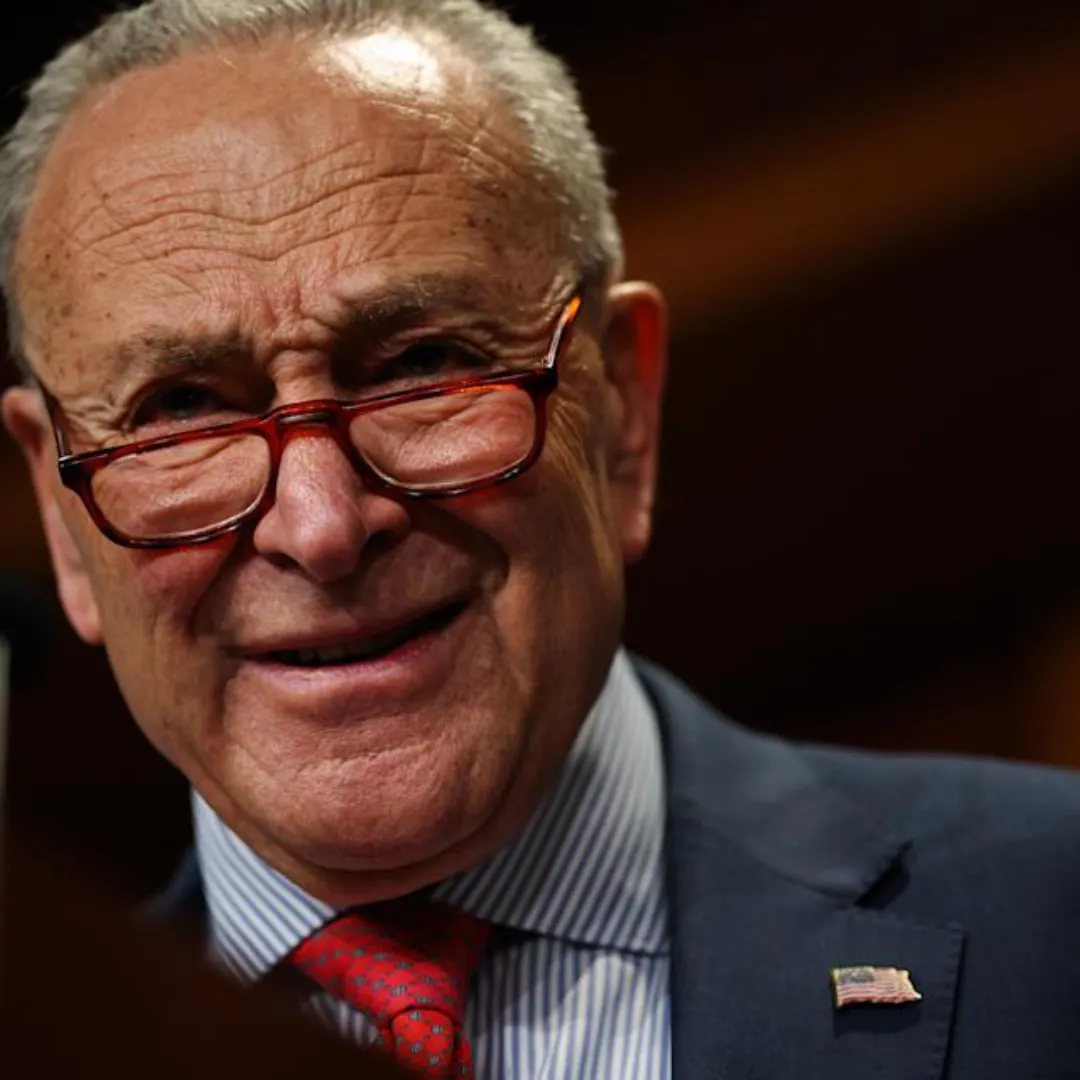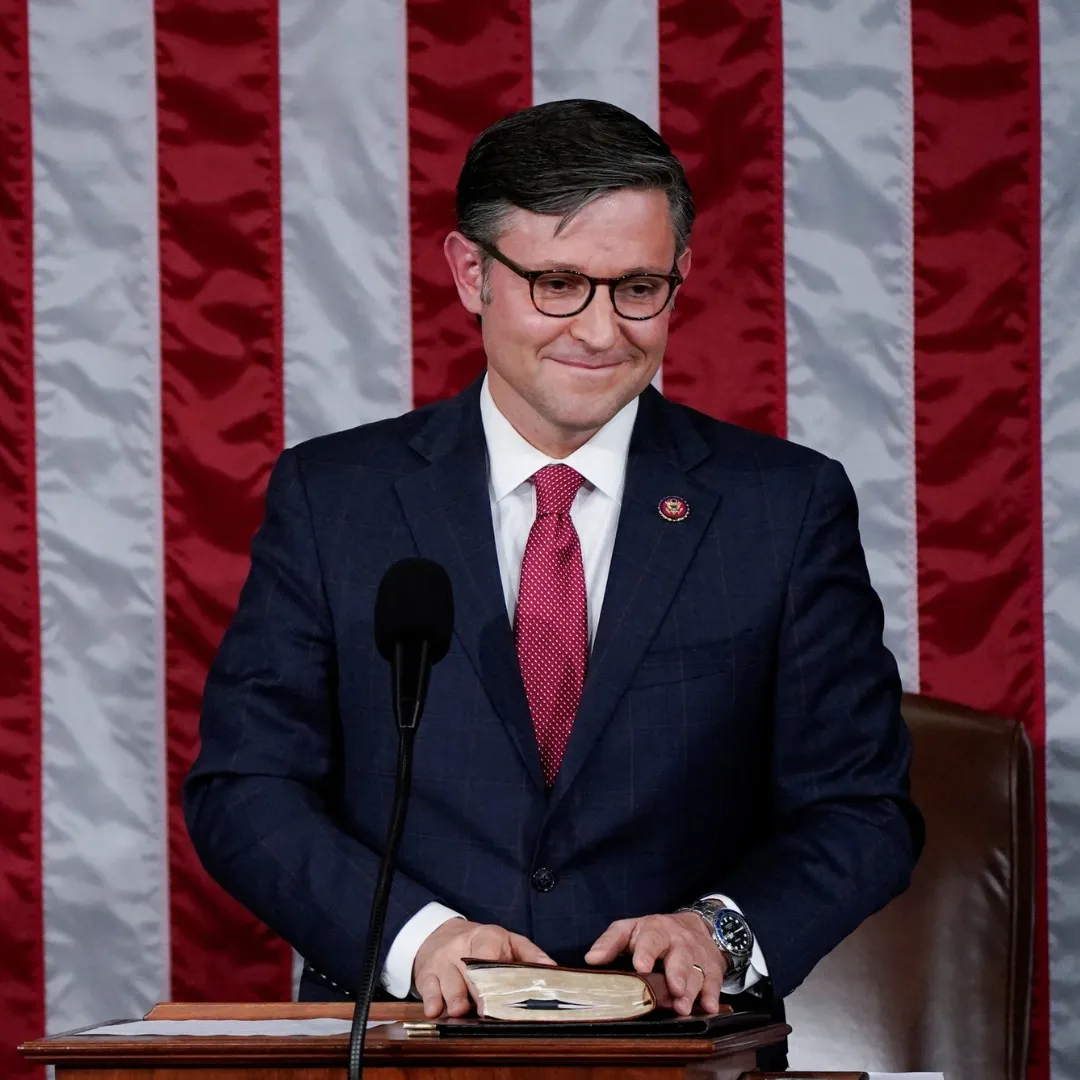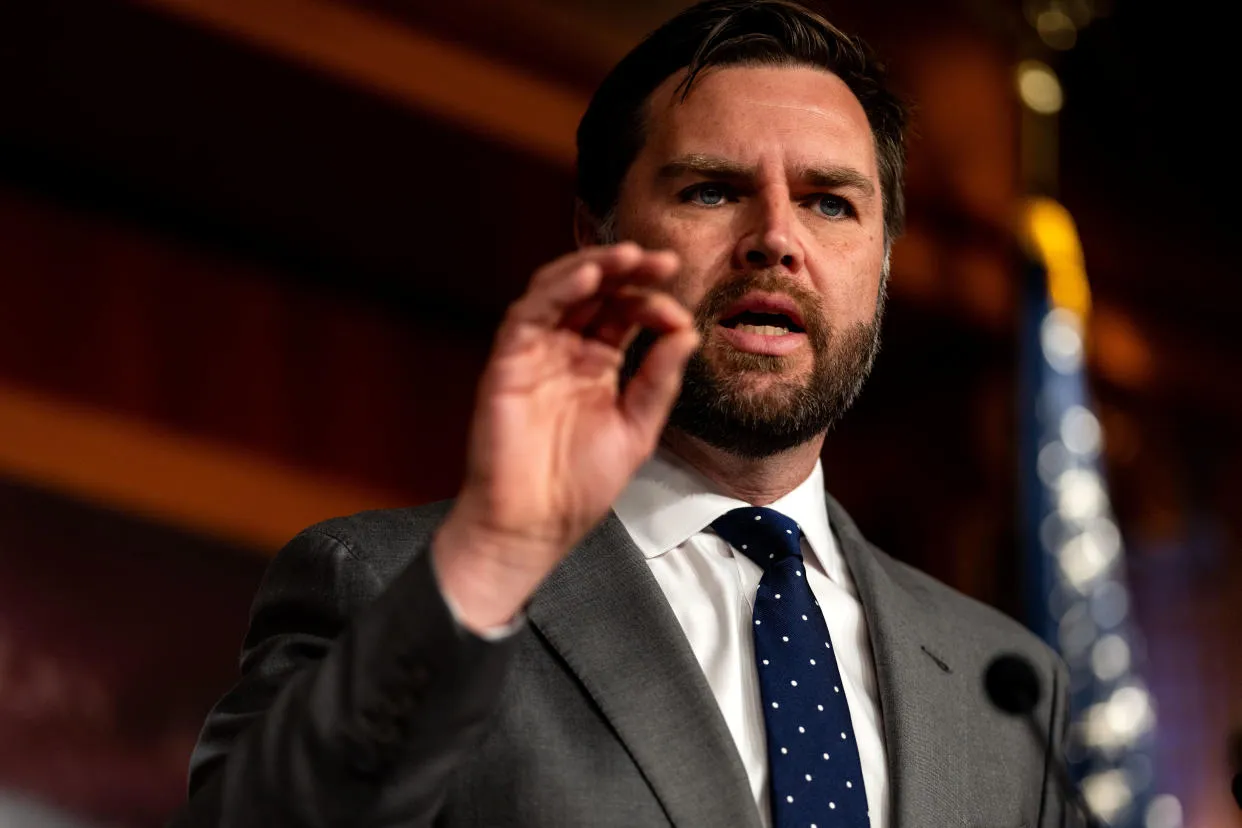
Jeffrey Goldberg, the editor-in-chief of The Atlantic, shrugged off concerns about potential legal repercussions following his report on a Signal group chat involving senior Trump administration officials.
Goldberg’s story, which revealed that high-ranking members of the Trump administration had discussed sensitive matters in an insecure manner, stirred significant controversy, raising alarms about the handling of classified information and national security.
Despite the heated reactions from Trump administration officials, Goldberg stood firm in his defense and dismissed the possibility of any legal threats.
In an interview with NBC News’s Kristen Welker on Sunday’s Meet the Press, Goldberg was asked whether he feared the Trump administration might retaliate against him following his report.
“Jeffrey, I don’t have to tell you this, the administration has taken legal action against news organizations,” Welker said, referencing previous actions by the Trump administration to challenge media outlets. "Are you concerned that this administration will come after you?”
Goldberg’s response was swift and confident. "No. I don’t get bullied. I’m not worried about that,” he said. "They’re obviously being very, very silly there. There’s a playbook that, and you know this as a journalist, I’m not the only journalist to be the target of these kinds of attacks.”
Goldberg’s refusal to back down from the administration’s criticisms was a clear message to both the Trump team and the public that he was committed to his journalistic responsibilities, no matter the political fallout.
The Trump administration has been known to target journalists and news outlets it perceives as critical of its policies, and Goldberg's firm stance only underscored his belief in the importance of independent reporting, especially when it comes to national security matters.
The controversy surrounding Goldberg’s report on the Signal group chat began when Goldberg was mistakenly added to a chat that included national security figures discussing the planning of a military operation. Among the individuals involved in the chat was national security adviser Mike Waltz, who was quick to offer an explanation for Goldberg’s involvement.

According to Waltz, Goldberg’s phone number was “sucked in” to the group chat through “somebody else’s contact.” This claim was made during a press conference on Tuesday, but Goldberg was quick to refute it during his Sunday appearance on Meet the Press.
“This isn’t ‘The Matrix,’ phone numbers don’t just get sucked into other phones,” Goldberg said, visibly frustrated by Waltz's statement. “I don’t know what he’s talking about there.” Goldberg’s quick rebuttal highlights the absurdity of the claim, emphasizing that such an event is not only unlikely but also technologically implausible.
In Goldberg’s view, the simplest explanation was the correct one: his phone number was in Waltz’s phone because it had been shared through more conventional means, such as a personal contact list.
Goldberg’s response came as a direct pushback against what many saw as an attempt by Waltz to downplay the significance of the Signal incident by suggesting it was the result of a technical glitch. “You know, very frequently in journalism, the most obvious explanation is the explanation,” Goldberg added. “My phone number was in his phone, because my phone number is in his phone.”
This back-and-forth between Goldberg and Waltz underscored the larger issue at hand — the mishandling of sensitive information within the Trump administration and the failure to adhere to secure communication protocols, especially when discussing national security matters.
The fact that such sensitive discussions were taking place on a messaging platform like Signal, known for its security features but still vulnerable to breaches, raised further questions about the administration's commitment to safeguarding classified information.
The incident involving the Signal group chat involving Goldberg and other senior Trump administration officials has become a significant point of concern for both national security experts and lawmakers.
Goldberg’s report, which was published last Monday, detailed his experience in the group chat and revealed that top administration officials were discussing a potential military operation involving Yemen, without taking proper precautions to ensure the conversation was secure.
The inclusion of a journalist in the chat raised serious questions about the chain of information and whether any sensitive material was exposed to unauthorized individuals.
Goldberg’s article created a stir in Washington, especially among national security officials, who expressed concerns that such a breach could have serious implications for U.S. security interests. The inclusion of a journalist in a highly classified discussion further complicated the matter, as it indicated a level of carelessness on the part of top government officials.

This has led to fears that the administration's lack of attention to secure communication channels could jeopardize the safety of U.S. personnel and operations abroad.
In his interview, Goldberg explained that the report was not intended to undermine the Trump administration, but rather to highlight a major security lapse that needed to be addressed. “My role as a journalist is to report what I see and to bring to light the truth about how decisions are being made,” Goldberg said.
“When you’re dealing with matters of national security, those decisions should not be made lightly or in secret. The American public deserves transparency when it comes to how their government is handling sensitive information.”
Goldberg’s report has since fueled an ongoing debate about the Trump administration’s handling of classified materials and whether the administration has sufficiently prioritized the protection of national security interests.
Given the gravity of the discussion surrounding the Signal group chat, this incident may very well serve as a catalyst for further investigations into the practices of the administration's senior officials when it comes to safeguarding sensitive information.
Throughout the controversy, Goldberg has maintained his commitment to the values of journalism, which he sees as essential for holding those in power accountable. His refusal to be intimidated by the Trump administration’s threats or attacks is a testament to his belief in the importance of investigative reporting, particularly when it comes to issues of national security.
Goldberg has expressed frustration at how the Trump administration has treated journalists and media outlets that report on sensitive topics, especially those that challenge the administration’s narrative.
"I don’t get bullied," Goldberg said confidently during his interview on Meet the Press. "I’m not worried about that." His comment reflected the larger challenges that journalists face in an era of increasing political polarization and attempts to discredit the press.
By standing firm against the administration’s tactics, Goldberg has reaffirmed his role as a journalist dedicated to uncovering the truth, regardless of the political ramifications.
Goldberg’s comments also reflect a growing concern among journalists about the rise of hostile rhetoric towards the media from politicians and government officials. As the press faces increasing scrutiny and attacks from political figures, journalists like Goldberg continue to push back, emphasizing the need for truth-telling and transparency in reporting.

The Signal group chat incident is likely to have lasting implications for both the Trump administration’s legacy and the broader debate over transparency and security in government operations.
The fact that top officials were discussing sensitive information on a potentially unsecured platform has raised concerns about the adequacy of security protocols in place to protect classified materials. Furthermore, the involvement of a journalist in the chat has sparked a conversation about the risks associated with information sharing in the digital age.
As the investigation into the Signal incident continues, it will be important to examine the actions of the officials involved and determine whether any laws or security guidelines were violated.
Additionally, the incident serves as a reminder of the ongoing challenges journalists face in covering sensitive national security matters, especially when political leaders are quick to discredit their work.
For Goldberg, the fallout from the Signal group chat may have larger implications for his career, but it has also underscored his unwavering commitment to reporting the truth.
Despite the Trump administration’s attempts to silence critics and undermine the media, Goldberg’s report has sparked important conversations about the handling of national security and the role of the press in holding those in power accountable.
Goldberg’s encounter with the Trump administration over the Signal group chat incident is just the latest example of the tense relationship between the press and political figures.

As the investigation unfolds, the incident is likely to raise further questions about the security of U.S. intelligence operations and the administration’s handling of sensitive information. For journalists, it serves as a reminder of the importance of staying true to their mission, even when facing political pressures and threats from those in power.
As this story continues to develop, one thing is certain: the need for transparency and accountability in government remains as crucial as ever.



